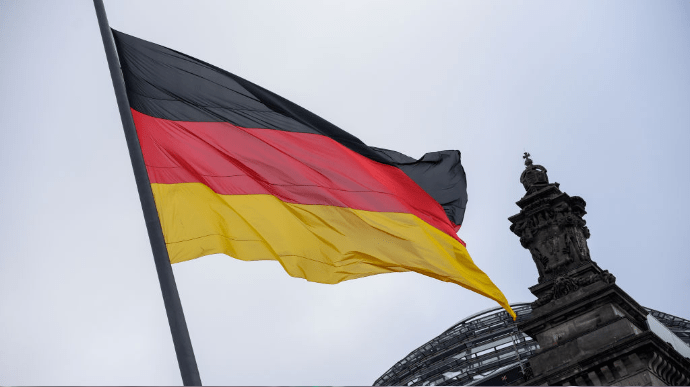New EU directive puts global supply chains and sovereignty at risk
The EU's directive on corporate sustainability due diligence requires businesses to identify and address adverse human rights and environmental impacts, potentially leading to a regulatory competition and a decrease in labor standards in developing countries.

The economic policymaking agenda changes infrequently, but when it does it causes a global wave. In the 2000s, the topic du jour was global tax competition, that was often referred to as a “race to the bottom.” A decade later, income inequality and associated policies took center stage.
Today, we are witnessing a regulatory competition to achieve domestic environmental social goals, but also an attempt to indirectly impose rules to other countries without their consent. Policymakers in the U.S. and around the world should take note of this concerning development.
The most recent and comprehensive example of this is the European Union’s directive on corporate sustainability due diligence that took effect in July. In a nutshell, the directive requires businesses of a certain size to “identify and address adverse human rights and environmental impacts of their actions inside and outside Europe.” The directive’s aim is to foster sustainable and responsible corporate behavior.
The goal of the directive can be summarized by the European Commission’s explanation of why EU needs this new set of regulations: “Such rules will also foster international competitiveness, increase innovation and ensure legal certainty for companies addressing sustainability impacts.”
Legal and economic experts have already begun to evaluate the potential effects of these rules for businesses, and the list is not short. Companies within the scope of these regulations have to identify any issues in their global supply chains pertaining to conditions of work, equal pay and nondiscrimination, rights to form unions, climate change transition plans, environmental impact, freedom of expression, privacy and correspondence.
The regulations make it easier for anyone to take companies to court if any part of their supply chain is deemed to harm the environment or human rights — even if the harming party is a contractor, and even if the non EU-based company is in compliance with local regulations.
Consider, just as an example, the situation of Apple, one of the tech companies the EU loves to hate, which does business in over 150 countries.
The European Commission sees these rules as a means to decrease risk for businesses. But the most cost-effective way of doing so, for most businesses, would probably be to stop activities in countries that have less-stringent environmental or human rights rules compared to the EU. This is not a new discussion in the economics field — over the years, trade economists have been arguing whether it is effective to use trade policies to dictate environmental and labor standards to less-developed countries, who see these rules as disguised protectionism.
In fact, the collapse of the talks in Seattle after President Clinton’s push for labor standards is a prime example of how developing countries perceived them. An Egyptian representative's words summed it up for many of the developing countries at the time: “If you start using trade as a lever to implement non-trade issues, that will be the end of the multilateral trading system.”
The global supply chains took a significant hit during the COVID era, and rules like the EU directive would push these countries towards more nationalistic positions. Ultimately, that could lead to a decrease in labor standards for countries that suffer business losses, as well as environmental degradation created by inefficient small-scale productions led by nationalism.
But even local production could be endangered as many of the international financial institutions, which provide the necessary capital for these countries, would be roped in by the rule, resulting in disruptions to the capital flow. It would not be surprising if this could result in an increase in income inequality between the countries, reversing the significant improvement we have seen since the 1980s, partially thanks to international trade.
As expected, U.S. businesses with a wide global presence are alarmed and have asked the U.S. government to get involved. Republicans led by Rep. Andy Barr (R-Ky.) and Sen. Bill Hagerty (R-Tenn.), sent a letter signed by more than 60 other Republican members of Congress to Treasury Secretary Janet Yellen, urging her to seek a delay of the implementation of the EU rule. But the U.S. should not be alone in this fight: Every country has skin in the game and should be closely monitoring developments and should take a role in shaping the rules.
Ultimately, a country’s citizens and its own politicians, not bureaucrats in another country, should determine domestic policies.
Pinar Çebi Wilber is chief economist and executive vice president of the American Council for Capital Formation



